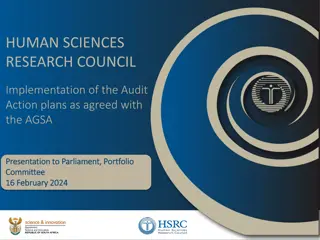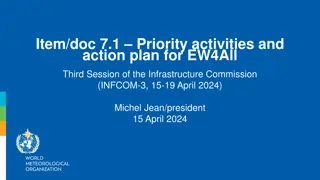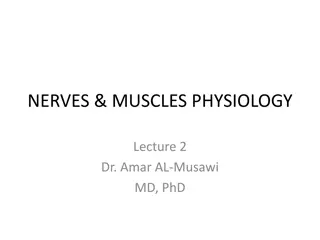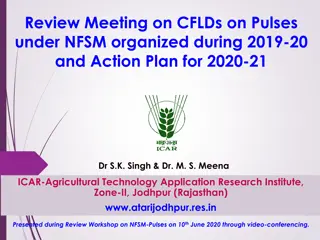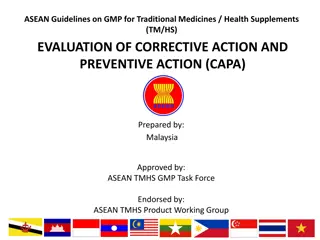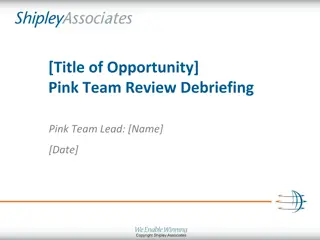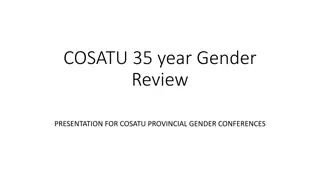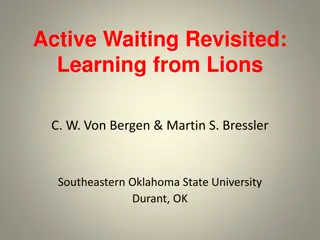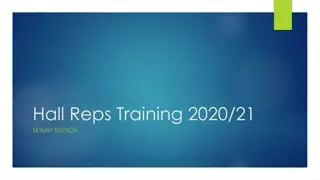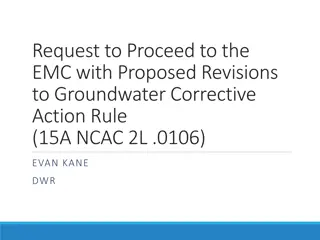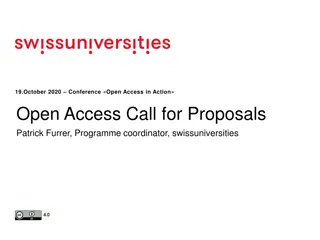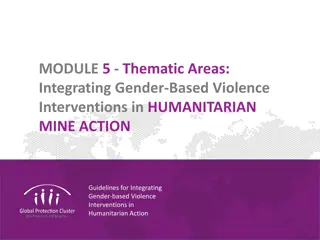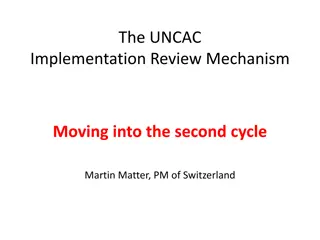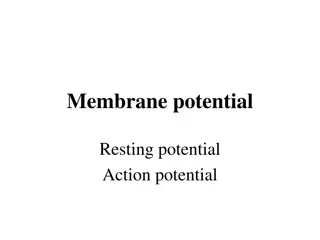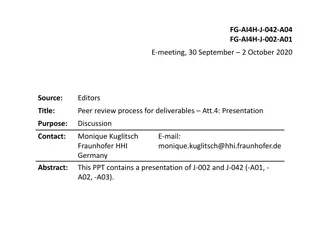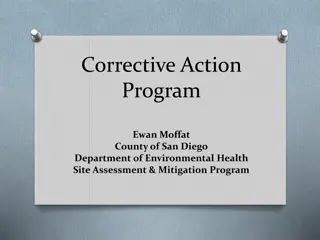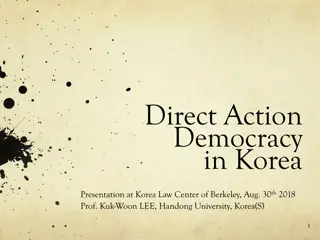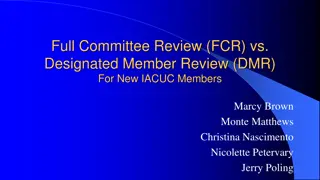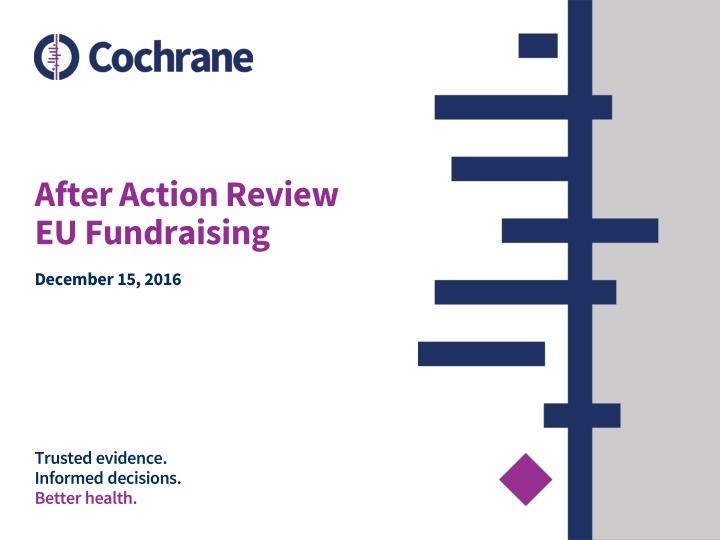
EU Fundraising Review December 15, 2016: Projects and Lessons Learned
Explore the after-action review of EU fundraising initiatives held on December 15, 2016. Discover the projects submitted, ongoing projects, the role of CET, and lessons learned. Gain insights into global health knowledge curation, evidence-based nutrition, capacity building, crisis translation, and more in the health sector.
Download Presentation

Please find below an Image/Link to download the presentation.
The content on the website is provided AS IS for your information and personal use only. It may not be sold, licensed, or shared on other websites without obtaining consent from the author. If you encounter any issues during the download, it is possible that the publisher has removed the file from their server.
You are allowed to download the files provided on this website for personal or commercial use, subject to the condition that they are used lawfully. All files are the property of their respective owners.
The content on the website is provided AS IS for your information and personal use only. It may not be sold, licensed, or shared on other websites without obtaining consent from the author.
E N D
Presentation Transcript
After Action Review EU Fundraising December 15, 2016 Trusted evidence. Informed decisions. Better health.
Six projectssubmitted HENCE: the Human Evidence Project: Global health knowledge curation through human-machine discovery, analysis and validation. FETOPEN-RIA-2014-2015 FETOPEN-01-2016-2017 TRANSCEND: Transcending Methods for Evidence based Nutrition (H2020-MSCA-ITN-2016) ECHO: Enlarge Capacity building and eHealth Opportunities for improved health digital literacy (SC1-HCO-12-2016) INTERACT: The INTERnAtional network on Crisis Translation (MSCA- RISE-2016) IMPETUS: IMPlementation research and Evidence curation for improving equiTable pUblic health policies and programS (SC1-PM-21- 2016)
At least 8 otherprojectsconsidered Comparingthe effectiveness of existingheatlhcareinterventions in the adultpopulation (healthsocietalchallenge): Cochrane Cancer Alliance Strategic partnerships in the fieldof youth(Erasmus +): Cochrane Germany Marie Curie Training Networks: Cochrane Brazilnetwork Cochrane Africannetwork Cochrane Germany How to tacklechildhoodobesityepidemic? (foodsocietalchallenge): CET (coordination by the Universityof Cambridge) Platform drivene-infrastructure innovation (infrastructure): IKMD (coordination by UCL) Marie Curie Research and Innovation Staff Exchange: CET (partnershipwithPAHO) Global Alliance for Chronic Diseases (GACD) prevention and management of mental disorders: Cochrane Global Mental Health Satellite Integrating Society in Science and Innovation An approach to co-creation (science with and for society): IKMD (partnership with Oxford)
ThreeongoingprojectsinvolvingCET HimL(2015-2018): Healthin myLanguage(ICT-17-2014) INTERACT(2016-2019): The INTERnAtional network on Crisis Translation (MSCA-RISE-2016) Mirror(2016-2020): Methods in Research on Research (MSCA-ITN-2015)
Roleplayedby CET Advisoryrole Reviewof proposals Coordination
Lessonslearnt Interest raised by Cochrane groups to join EC bids Lack of understanding of EU process Limited time dedicated by group leaders to the preparation of proposals and underestimation of time needed for proposal development Problems with respecting deadlines Need more support (full-time position + junior staff) Need more involvement of CET at the European level: advocacy Need real technical leaders for supporting the decision-making in terms of partnership and project directions Need for primarily considering competencies and expertise for the development of consortia Difficulties to find common grounds for consortium development Difficulties in being totally transparent for collecting expression of interest and establishing partnerships
Legalbarriers A lot of Cochrane groups are based in the UK: what is the impact of Brexit? Although the EC states that the evaluation process continues business as usual, it is legitimate to wonder if it really has no impact and how long it will last. Developing proposals is time consuming and success rates are already low: to which extend, should we take the chance to be rejected because of the nationality of the coordinator/partner? Ultimately, UK-based organisations may not be allowed to take part in EU bids. How many Cochrane groups are able to coordinate proposals in Europe? A lot of Cochrane groups are not legal entities and cannot receive funding on behalf of Cochrane: what is the relevance in using host organisations for taking part in EU bids?
ResultsfromGroup monitoring reEU funding Limited Cochrane involvement in EU bids: Only 5 groups submitted proposals at the EU level only 2 proposals were successful Interest in joining bids: 64,2 % of Cochrane groups are interested in taking part in EU bids that are coordinated by CET (27% have no opinion) Need for support in fundraising activities: 62,8 % of Cochrane groups don t receive any support from their host organisations Identification of funding opportunities Information about calls (regular email alerts, calendar of openings, tips for proposal preparation, information about programs) Administrative support for submission Assistance for drafting proposals Application review
Reflections from Cochrane EU Working Group Compelling ideas in response to EC calls need to come from experts within Cochrane Groups (from the research community) We need a skills database to facilitate building of consortia (could use TaskExchange for this) We need to know at a much earlier stage which topics are being developed within the EC for research calls (participate in open consultations; check within host institutions of Cochrane Groups what mechanisms are used to influence the agendas; find out who gets consulted)


